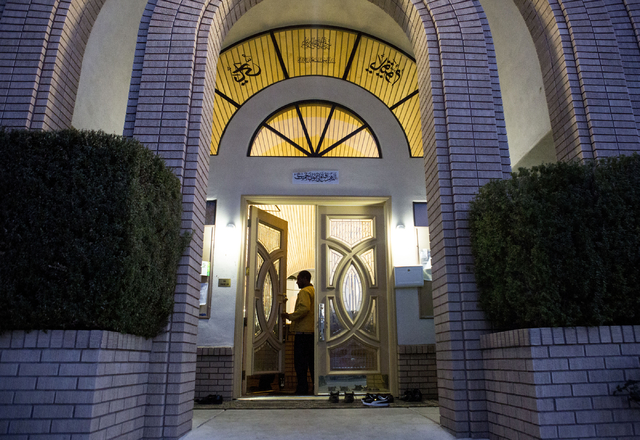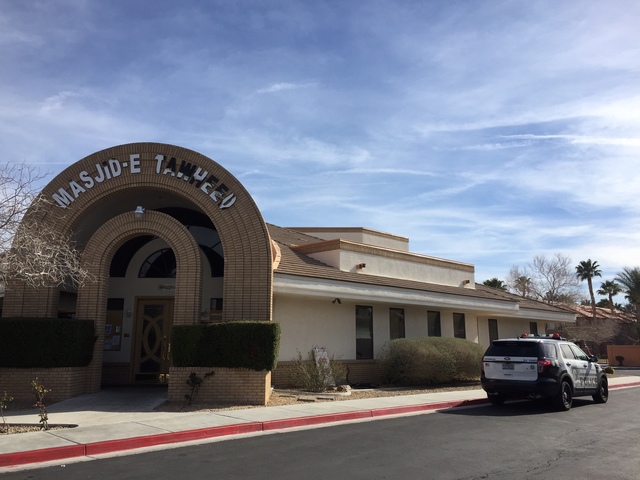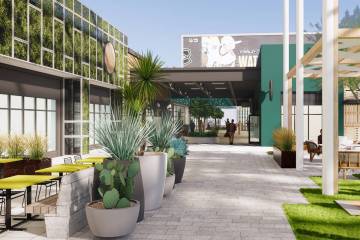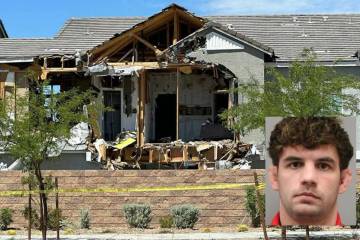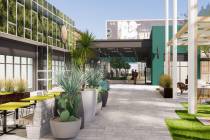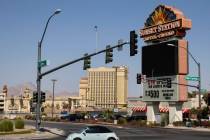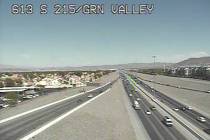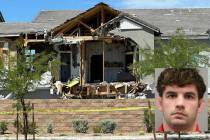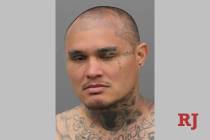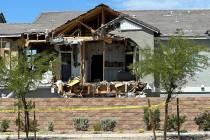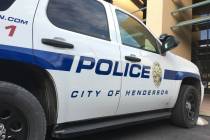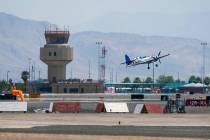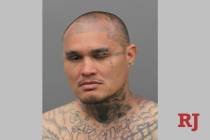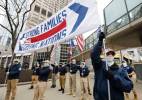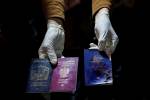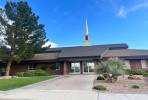Recent acts in Las Vegas have brought needed clarification to hate crimes
From swastika graffiti on the side of the Mexican Consulate to bacon being left at a mosque, Las Vegas has seen its share of incidents of hate.
But what is considered a hate crime?
Jolie Brislin, regional director for the Anti-Defamation League Nevada chapter, said there is a difference between a hate crime and hate incident.
“A hate incident is something that doesn’t break the law,” she said. “It’s freedom of speech. It’s if someone puts something on Facebook or someone decides to fly a flag. It becomes a hate crime when it crosses over into action.”
Action has to be directed at protected classes such as race and ethnicity, religion, sexual orientation, gender and disability.
Metropolitan Police Department spokesman Michael Rodriguez said it’s not that hate crimes are investigated “in the same manner” as any other crime.
“During that time, if through evidence, witness statements of a suspect’s admission that the crime was motivated by bias, then we add the (hate crime) enhancement,” he said. “… It can increase the amount of jail time and the maximum penalty the person might face.”
Rodriguez said 39 hate crimes were reported in 2016, compared with 41 in 2015.
Nevada has passed laws to fight hate crimes.
In 2013, Gov. Brian Sandoval signed a bill adding sexual identity to the list of protected classes in Nevada.
Rodriguez said religious institutions might be more willing than individuals to report crimes.
He added that undocumented immigrants, for fear of being deported, are less likely to make a report.
Jane Heenan, a counselor and the director of Gender Justice Nevada, said this subject can be hard for the LGBT community.
“As someone who has sat with thousands of survivors of violence, the term ‘hate crime’ can be so narrow,” Heenan said. “We don’t recognize what happens to us as hate crimes even though it might be.
“In general, (the trans community doesn’t) have a strong relationship with law enforcement.”
Brislin said in addition to reporting incidents, building a community coalition can help.
Rodriguez said that after an incident, Metro might patrol areas to prevent a community from being targeted.
“It affects the entire community and people start to feel unsafe,” Brislin said of hate crimes. “When you live in this bubble and all of a sudden an incident like this pops it, it can be very loud and sobering.”
To reach Henderson View reporter Michael Lyle, email mlyle@viewnews.com or call 702-387-5201. Find him on Twitter: @mjlyle.
U.S. hate crimes in 2015
— 5,818 single-bias incidents involving 7,121 victims
— 59 percent targeted because of race or ethnicity
— 19 percent because of religion
— 17 percent because of sexual orientation
— 2 percent because of gender identity
*Source: FBI




